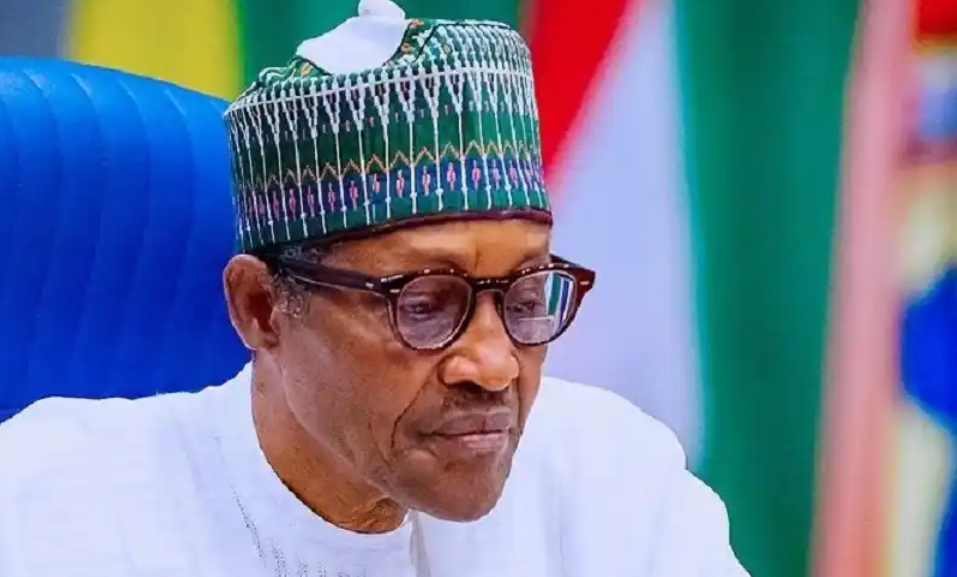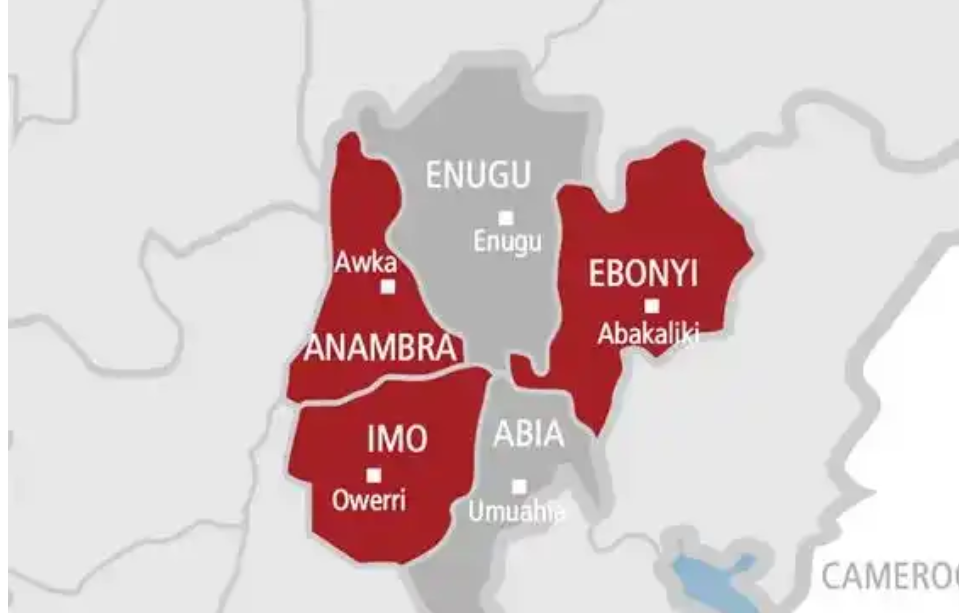The bid by President Muhammad Buhari and attorney-General of the Federation, Abubakar Malami, to strike out the controversial section 84(12) of the Electoral Act loses finally at the Supreme Court on Friday.
The provision, included in the amended Electoral Bill signed into law by President Buhari on February 25, 2022 bars political appointees from voting or being voted for at conventions of political parties.
“No political appointee at any level shall be a voting delegate or be voted for at the convention or congress of any political party for the purpose of the nomination of candidates for any election” this was the provisions stated.
Buhari later wrote to the National Assembly to delete the section, claiming it was unconstitutional as it will stop political appointees from exercising their constitutional rights to contest for elections.
Malami therefore made his presence at the Supreme Court after the National Assembly failed to accede to the President’s request to delete the provision.In the suit marked SC/CV/504/2022 filed on April 29, 2022, the AGF and the President contended that the Section 84 (12) of the Electoral (Amendment) Act, 2022 is inconsistent with the provisions of sections 42, 65, 66, 106, 107, 131, 137, 147, 151, 177, 182, 192 and 196 of the Constitution of Federal Republic of Nigeria, 1999, (as amended), as well Article 2 of the African Charter on Human and People and Peoples Rights.Also, they told the apex court that the Nigeria’s 1999 constitution already laid out elaborate provisions on qualification and disqualification for the offices of the President and Vice President, Governor and Deputy Governor, Senate and House of Representatives, House of Assembly, Ministers, Commissioners and Special Advisers.
But in an unanimous ruling on Friday, a seven- man panel of Supreme Court, led by Musa Dattijo-Muhammad, dismissed the suit.In the judgment delivered by Justice Aokmaye Agim, the Supreme Court justices said having earlier assented to section 84 (12) of the Electoral Act 2022, the President cannot again ask the court to abrogate it.The apex court argued that the suit cannot be entertained under section 1(1) (a) of its additional jurisdiction , describing it an abuse of court process.
“There is no provision in the constitution that vests the president the power to challenge the constitutionaility or desirability of a legislation after he has assented or denied his assent. In this case, the president gave his assent,” Justice Agim said in the judgment.The Apex Court also said the initial request by the President to the National Assembly to delete the provision amounted to constitutional violation.“The president has no power to request or compel the national assembly to amend any part of the Act of the National Assembly in which he has participated in its making,“ he added.






